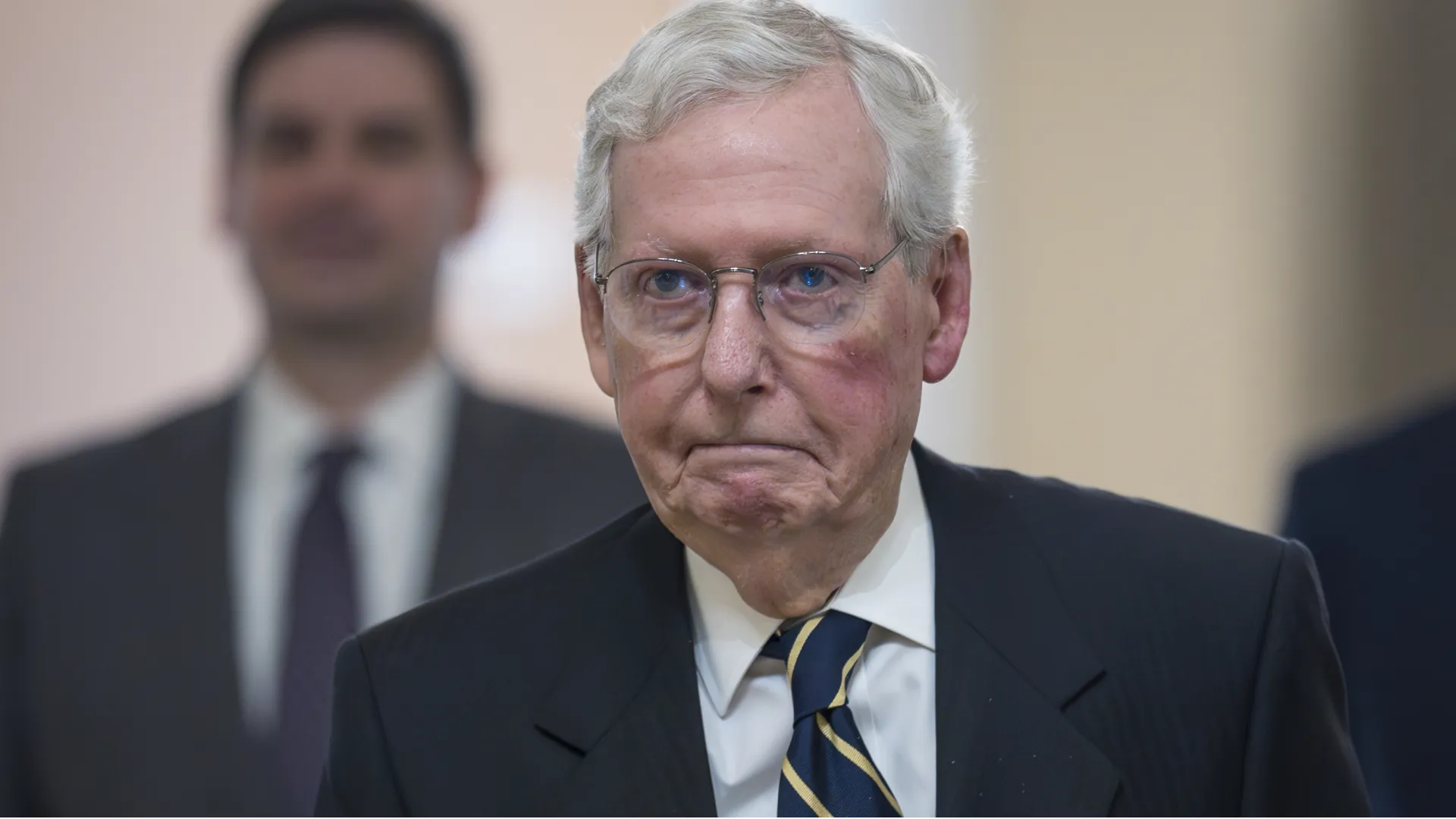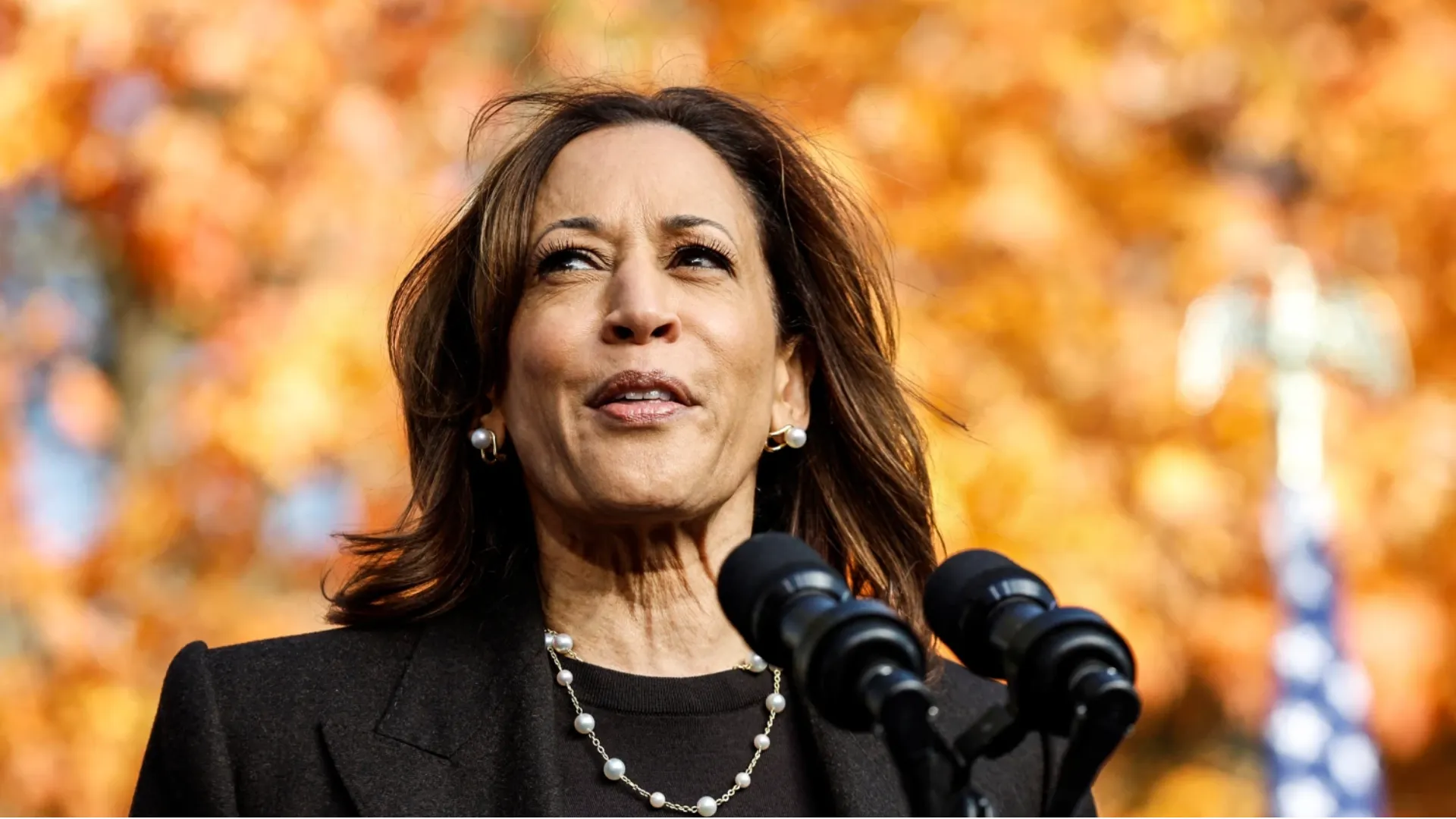
Representative Jasmine Crockett of Texas has publicly questioned why former President Donald Trump's mental fitness remains largely unexamined amid ongoing controversial decisions, particularly his aggressive imposition of tariffs on global trading partners.
Crockett voiced her astonishment on MSNBC, labeling it "beyond wild" that Trump's cognitive capabilities are not being scrutinized more rigorously, despite the profound economic and political turmoil his actions have generated.
In a striking comparison, Crockett likened the current situation under Trump's second term, marked by chaotic immigration and economic policies, to living through an abusive relationship, characterized by unpredictability, fear, and uncertainty.
Crockett strongly criticized the contrast between the heightened scrutiny previously directed at President Joe Biden and the relative lack of attention given to Trump's mental state. She highlighted Trump's repeated use of the nickname "Sleepy Joe" to mock Biden, emphasizing that Biden’s tenure at least offered the reassurance of predictable economic stability.
Crockett pointed out that citizens could previously count on their 401(k) investments remaining secure and did not have to live with constant anxiety about economic instability, fabricated national security threats, or rapidly escalating prices for essential goods and technology.
The Texas congresswoman underscored the significant disruption Trump's trade policies have caused, particularly his seemingly impulsive tariffs that have triggered widespread economic volatility.
This uncertainty has profoundly affected businesses and consumers alike, causing sharp increases in prices and unpredictability across markets. Crockett’s concern aligns with broader critiques from economic experts and business analysts who have openly questioned Trump's mental clarity and strategic judgment, especially regarding his erratic tariff implementation.

CNBC economics reporter Steve Liesman openly articulated this growing concern among financial experts, bravely labeling Trump's approach to tariffs as "insane."
Liesman’s frank assessment, made publicly despite potential repercussions to his career, emphasized the collective anxiety permeating financial circles, as experts and investors grapple with the uncertainty Trump’s policies bring.
Liesman’s comments reflect a widespread belief among economic professionals that Trump's actions lack rational underpinning, creating risks that extend far beyond mere economic theory into practical, tangible harm to global economic stability.
Tom Lee, the head of research at financial analysis firm FSInsights, echoed these concerns, stating that macroeconomic fund managers were increasingly worried about the unpredictability and irrationality coming from the White House.
Lee noted that these financial professionals see Trump’s economic moves as driven less by coherent economic strategy and more by ideological impulses or potentially impaired judgment. Lee even disclosed that a few managers privately questioned Trump’s mental stability, raising alarming concerns about the President's decision-making capacity and the potential implications for both domestic and international economic health.
Despite these growing concerns, Trump remains defiant and confident about his mental capabilities. Recently, Trump announced with pride that he had passed a cognitive examination during a routine physical at Walter Reed National Military Medical Center, boasting that he had answered every question correctly.
Speaking confidently aboard Air Force One while traveling to Florida, Trump dismissed questions about his mental fitness, insisting he remains fully capable and entirely competent to handle presidential responsibilities. Trump’s public defense of his cognitive abilities was aimed directly at countering the escalating concerns from both political opponents and economic observers who view his recent policies as erratic and potentially harmful.

Since her election to Congress in 2023, Representative Crockett has rapidly become known for her assertive style and fearless confrontation of political opponents, especially those aligned closely with Trump’s policies. Her combative approach is both deliberate and strategic, designed to challenge perceptions of Democrats as passive or weak.
Crockett’s provocative style was notably displayed recently when she faced criticism for derogatively calling Texas Governor Greg Abbott, who uses a wheelchair, "Hot Wheels." Her aggressive rhetoric extends beyond political opponents, recently targeting Elon Musk, with Crockett advocating metaphorically to "take down" the influential billionaire, resulting in backlash and accusations of inciting aggressive attitudes towards Musk and his enterprises.
Crockett remains unapologetic about her assertive and confrontational approach, clarifying that her aggressive stance is deliberately intended to counteract common misconceptions about Democrats' strength and resolve.
She believes strongly in openly expressing critical opinions that others hesitate to voice, arguing that blunt honesty and directness are necessary for effective political leadership and advocacy. Crockett’s vocal and unapologetic stance underscores her belief in the importance of confronting political opponents and addressing critical national issues openly and aggressively.
Her sharp critique of Trump’s mental fitness issue is part of this broader approach, highlighting significant concerns about leadership accountability and the necessity for rigorous public scrutiny of elected officials, especially those making critical national decisions.
Crockett’s forceful advocacy amplifies the conversation about accountability, transparency, and cognitive assessment of national leaders, asserting that such scrutiny is crucial to ensure responsible governance and stability.
This dialogue about Trump’s cognitive fitness has critical implications, not just for immediate policy outcomes, but also for the long-term integrity of democratic processes and trust in leadership.
Crockett’s outspoken advocacy spotlights these larger concerns, highlighting the profound consequences when elected officials' mental stability and decision-making capabilities go unquestioned, especially during times of national and global crises. Her comments underscore the urgency of addressing these issues comprehensively, ensuring leaders are held to high cognitive and ethical standards essential for maintaining national stability and global credibility.
The broader debate around Trump’s mental fitness is gaining increasing attention in various sectors, including academia, finance, and public policy. Experts from diverse backgrounds argue that cognitive and psychological assessments should become standard practice for individuals holding high offices, ensuring leaders are capable of handling the intense pressures and responsibilities inherent in their roles.

This ongoing discussion emphasizes the necessity of objective, scientifically-backed evaluations that can provide voters and policymakers with accurate insights into the mental fitness of elected leaders, thus safeguarding democratic accountability and effective governance.
Crockett’s pointed criticisms thus extend beyond mere partisan attacks, touching on fundamental issues about democratic accountability, the transparency of government operations, and the responsibilities of leadership. Her outspoken approach serves not only as a critique of Trump specifically but also as a broader call for systemic reforms to enhance accountability and transparency across all levels of government.
As economic and political uncertainty continues to define the current era, Crockett’s advocacy underscores the critical need for stringent cognitive and ethical standards among elected officials, ensuring they can effectively manage complex national and international challenges.



